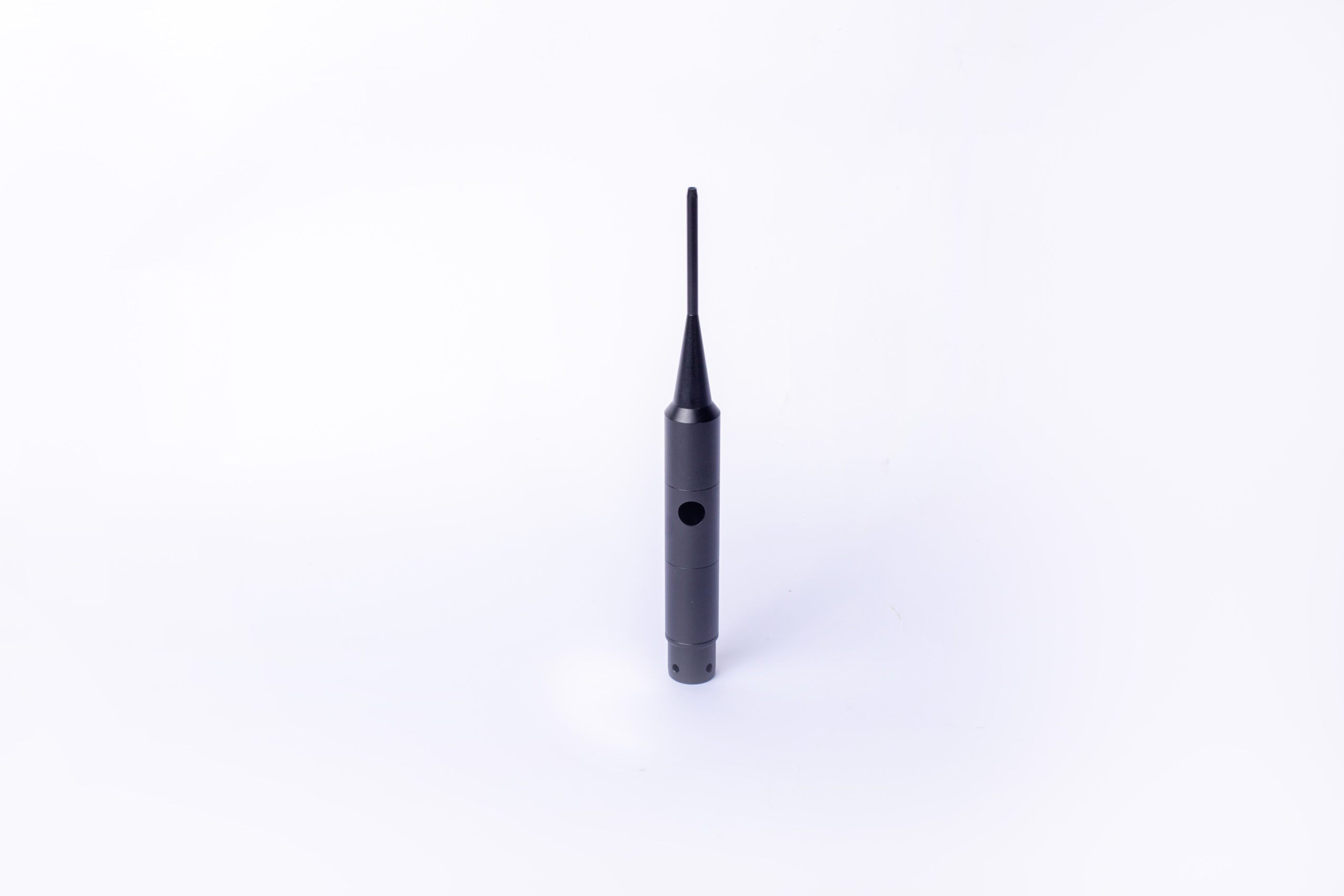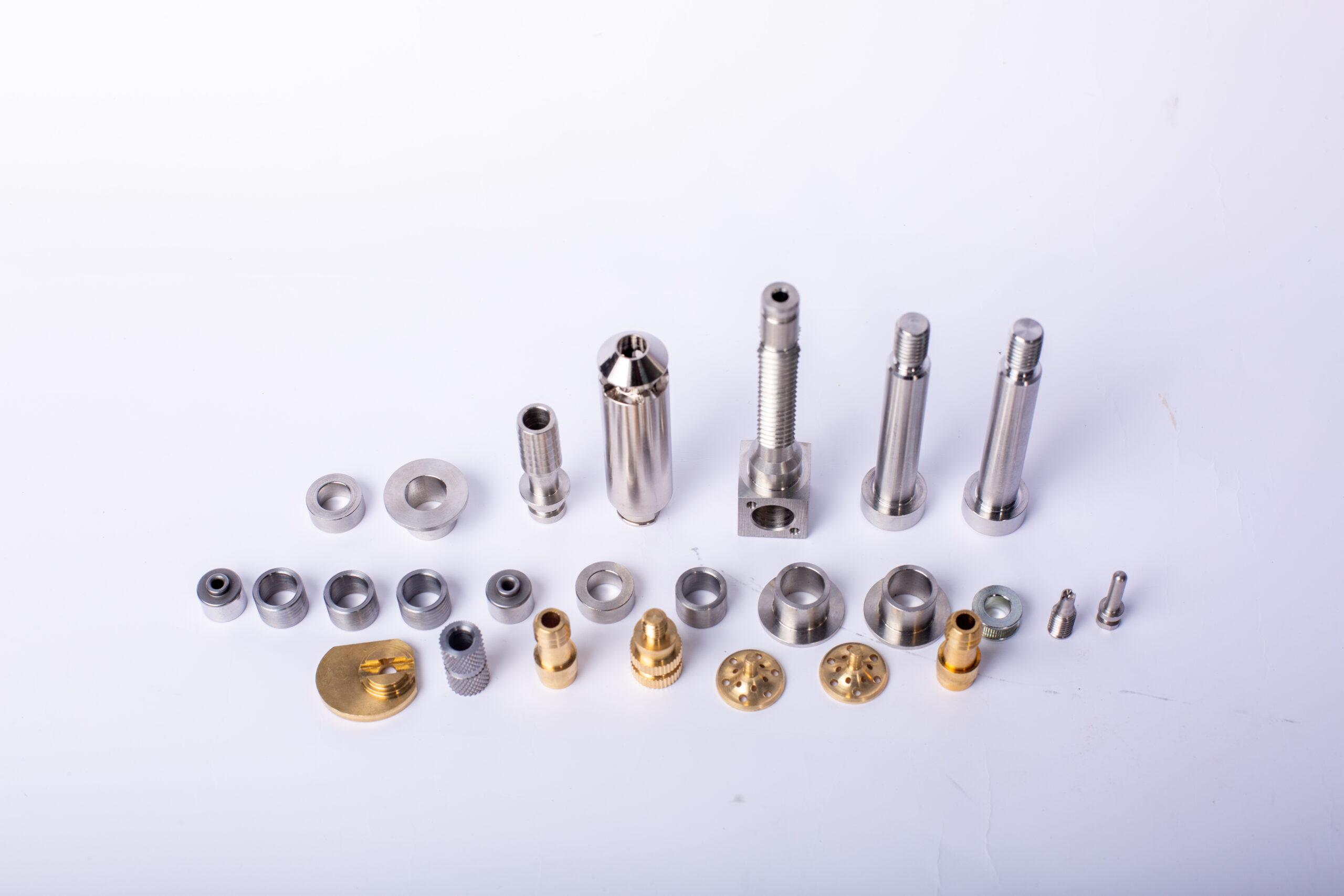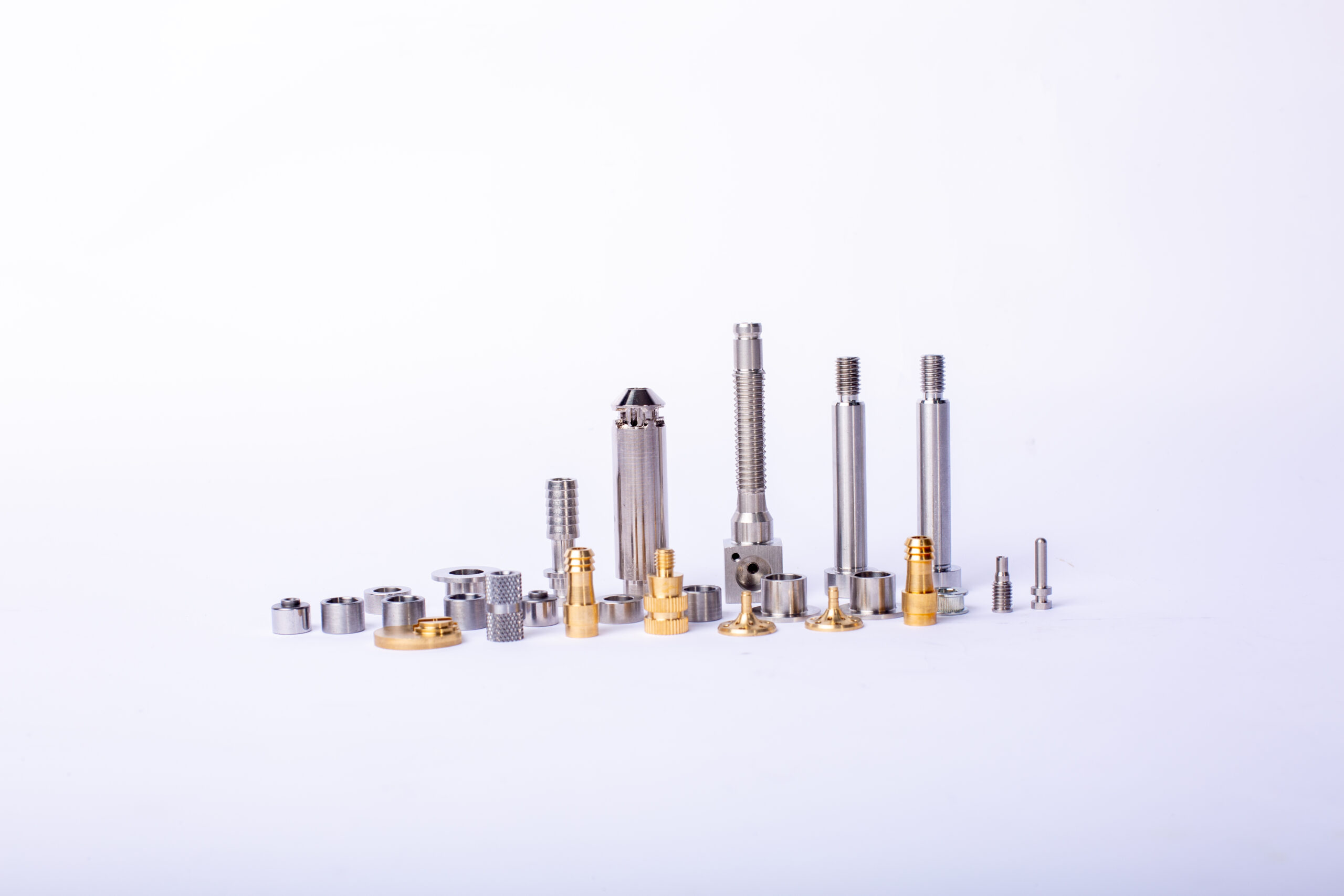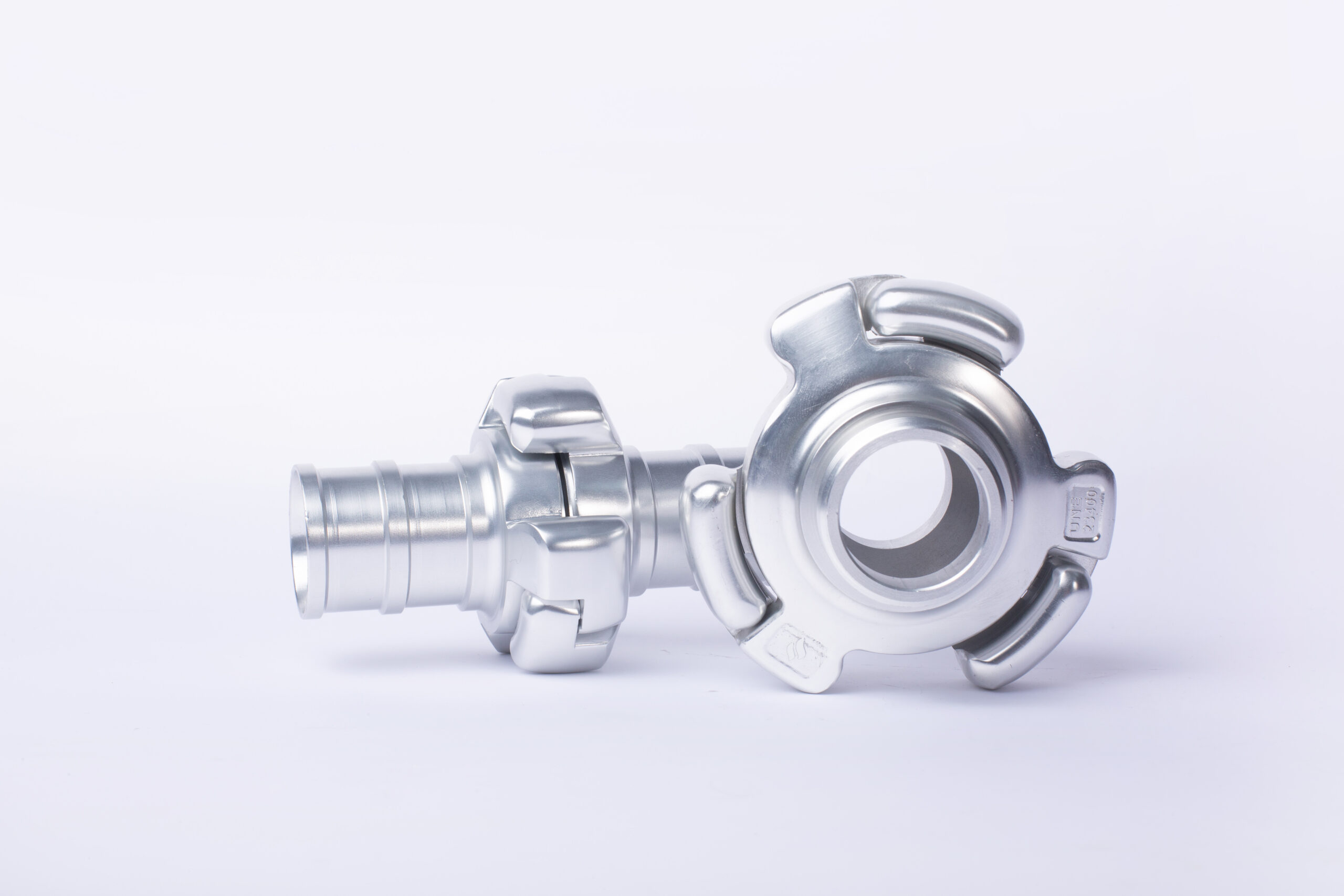Product Name: Aluminum Forging
Product Type: Metal Forging
Material: Aluminum
Shape: Customized
Surface Treatment: Anodizing, Powder Coating, Spray Painting, Polishing
Production Process: Die Casting, Press Forging
Advantages:
1. High strength-to-weight ratio
2. Superior mechanical properties
3. Enhanced resistance to fatigue and wear
4. Tight dimensional tolerances
5. Cost-effective production
| Color | Silver |
|---|---|
| Material | Aluminum |
| MOQ | 1 Pcs |
| Sample | Available |
| Place of Origin | China |
Product Details
MINGYU Tech is a trusted manufacturer of high-quality 7075 aluminum forgings for the electronics industry. Our advanced forging processes and precision technology enable us to produce complex and precise forgings for a variety of electronic devices including computers, smartphones and consumer electronics. Our experienced team works closely with customers to provide customized solutions that meet their unique requirements. We are committed to providing customers with quality products and timely delivery.
7075 aluminum forgings is a revolutionary manufacturing process that involves shaping and forming aluminum alloys into specific designs by subjecting them to extreme heat and pressure. This process creates high-quality, durable, and lightweight components that are in high demand across various industries.
One of the significant advantages of 7075 aluminum forgings is its strength and durability. Forged aluminum products have a higher strength-to-weight ratio than those made using traditional casting methods. This makes them ideal for heavy-duty applications that require exceptional strength and reliability, such as aerospace, automotive, and construction. Furthermore, the forging process improves the structural integrity of the aluminum alloy, making it resistant to cracks, fractures, and other deformities. As a result, forged aluminum components are known for their exceptional wear and corrosion resistance, making them suitable for use in extreme environments.
Another advantage of 7075 aluminum forgings is its versatility. The process allows for intricate and complex designs to be achieved without compromising the strength of the final product. This makes it a preferred choice for manufacturers looking for precision and consistency in their products.
| Place of Origin | China |
| Material | Metal Aluminium Steel Copper Brass |
| Process | Forging+machining+HT+finish Machining |
| Surface treatment | Polishing |
| Application | Machinery Parts |
| Product name | 7075 aluminum forgings |
| Certificate | TS16949/ISO9001 |
| Color | Customized Color |
| Quality Control | 100% Inspection |
| Lead Time | 16-34 Days |
| MOQ | 1 Piece |
| Supply Ability | 180118 Piece/Pieces per Month |
| Quantity (pieces) | > 533 |
| Lead time (days) | To be negotiated |



7075 aluminum forgings FAQs Guide.
Our company is dedicated to providing high-quality 7075 aluminum forgings products to meet the needs of various industries. With advanced technology and skilled craftsmanship, we have become a leading manufacturer in the field of 7075 aluminum forgings. Our products are widely used in aerospace, automotive, and construction industries, just to name a few. We take great pride in our products as they are not only durable and reliable, but also lightweight and eco-friendly. Through this introduction, we hope to showcase the versatility and excellence of our 7075 aluminum forgings products. Thank you for choosing us as your trusted provider of top-notch 7075 aluminum forgings products.
1.Can 7075 aluminum forgingss be used in corrosive environments?
Yes, aluminum forgings can be used in corrosive environments. Aluminum is a naturally corrosion-resistant material, and when it is forged, it becomes even more resistant to corrosion. Aluminum forgings can be treated with a variety of coatings to further protect them from corrosion.
2.How does the surface finish affect the performance of 7075 aluminum forgingss?
The surface finish of aluminum forgings can have a significant impact on the performance of the part. A smooth, uniform surface finish can reduce friction and wear, improve fatigue strength, and reduce the risk of corrosion. A rough surface finish can increase friction and wear, reduce fatigue strength, and increase the risk of corrosion.
3.What are the most common applications of 7075 aluminum forgings?
We enjoy high authority and influence in the industry and continue to innovate products and service models.
1. Automotive components: Aluminum forging is used to create a variety of automotive components, such as engine blocks, cylinder heads, transmission cases, and suspension components.
2. Aerospace components: Aluminum forging is used to create components for aircraft, such as landing gear, wing spars, and fuselage frames.
3. Industrial components: Aluminum forging is used to create components for industrial machinery, such as pumps, valves, and gears.
4. Sporting goods: Aluminum forging is used to create components for sporting goods, such as bicycle frames, golf clubs, and baseball bats.
5. Hand tools: Aluminum forging is used to create components for hand tools, such as hammers, wrenches, and screwdrivers.
4.About 7075 aluminum forgings raw materials
Aluminum forging raw materials are typically aluminum alloys that are heated and then shaped into a desired shape using a forging process. Common aluminum alloys used for forging include 6061, 7075, and 2024. These alloys are chosen for their strength, durability, and corrosion resistance. Other factors such as cost, availability, and machinability are also taken into consideration when selecting the right alloy for a particular application.
5.What are the different types of 7075 aluminum forgings?
We have flexible production capacity. Whether you are large orders or small orders, you can produce and release goods in a timely manner to meet customer needs.
1. Closed Die Forging: This type of forging involves the use of two dies that are closed together to form a shape. The dies are usually made of steel and the aluminum is heated and then placed between the dies. The dies are then closed and the aluminum is forced into the desired shape.
2. Open Die Forging: This type of forging involves the use of a single die that is open at the top. The aluminum is heated and then placed in the die. The die is then closed and the aluminum is forced into the desired shape.
3. Roll Forging: This type of forging involves the use of two rolls that are used to shape the aluminum. The aluminum is heated and then placed between the rolls. The rolls are then rotated and the aluminum is forced into the desired shape.
4. Impact Forging: This type of forging involves the use of a hammer or other tool to shape the aluminum. The aluminum is heated and then placed on an anvil. The hammer or other tool is then used to shape the aluminum into the desired shape.

6.Are there any differences in the mechanical properties of forged and cast aluminum?
We pay attention to the transformation of intellectual property protection and innovation achievements. Your OEM or ODM order design we have a complete confidentiality system.
Yes, there are differences in the mechanical properties of forged and cast aluminum. Forged aluminum is typically stronger and more ductile than cast aluminum, due to the forging process which increases the grain size and improves the mechanical properties. Forged aluminum also has a higher yield strength and tensile strength than cast aluminum. Cast aluminum is typically softer and more brittle than forged aluminum, and has a lower yield strength and tensile strength.
7.Are there any special requirements for handling or storing 7075 aluminum forgingss?
We are centered on customers and always pay attention to customers’ needs for 7075 aluminum forgings products.
Yes, aluminum forgings should be stored in a dry, cool, and well-ventilated area away from direct sunlight and other sources of heat. Additionally, aluminum forgings should be handled with care to avoid damage and should be stored on a flat surface to prevent warping.
8.About 7075 aluminum forgings overseas warehouse
Aluminum forging overseas warehouses are warehouses located in foreign countries that specialize in the storage and distribution of aluminum forgings. These warehouses are typically located in countries with a strong aluminum forging industry, such as China, India, and the United States. They provide a convenient and cost-effective way for companies to store and distribute their aluminum forgings, as well as to access the global market. The warehouses are typically equipped with the latest technology and equipment to ensure the highest quality of aluminum forgings.
9.About 7075 aluminum forgings production skills training
Aluminum forging production skills training is a type of training that teaches workers how to safely and effectively produce aluminum forgings. This type of training is important for workers in the aluminum forging industry, as it helps them to understand the process of forging aluminum and how to produce quality products. The training typically covers topics such as safety, tooling, and the proper use of equipment. It also covers topics such as heat treatment, metallurgy, and the different types of aluminum alloys used in forging. Additionally, the training may cover topics such as quality control and inspection, as well as the different types of finishing processes used in aluminum forging.
10.What are the material testing methods used for evaluating 7075 aluminum forgingss?
1. Visual Inspection: This is the most basic form of testing and involves examining the surface of the aluminum forging for any signs of defects or irregularities.
2. Ultrasonic Testing: This method uses high-frequency sound waves to detect any internal flaws or defects in the aluminum forging.
3. Magnetic Particle Testing: This method uses a magnetic field to detect any surface or subsurface flaws in the aluminum forging.
4. Radiographic Testing: This method uses X-rays to detect any internal flaws or defects in the aluminum forging.
5. Hardness Testing: This method uses a hardness tester to measure the hardness of the aluminum forging.
6. Chemical Analysis: This method involves analyzing the chemical composition of the aluminum forging to ensure it meets the required specifications.

11.Are there any environmental benefits of using 7075 aluminum forgings?
We pay attention to user experience and product quality, and provide the best product quality and lowest production cost for cooperative customers.
Yes, aluminum forging offers several environmental benefits. Aluminum is a lightweight, durable, and recyclable material, which means that it can be reused and repurposed multiple times. This reduces the amount of energy and resources needed to produce new aluminum products. Additionally, aluminum forging is a more efficient process than other metal forming techniques, which reduces energy consumption and emissions. Finally, aluminum is a non-toxic material, which means that it does not release any hazardous chemicals into the environment.
12.How does the cost of tooling for 7075 aluminum forgings compare to other metal forging processes?
We operate our 7075 aluminum forgings business with integrity and honesty.
The cost of tooling for aluminum forging is typically lower than other metal forging processes due to the lower melting point of aluminum. This allows for shorter cycle times and less wear on the tooling, resulting in lower costs. Additionally, aluminum is a softer metal than other metals, which makes it easier to shape and form. This also helps to reduce the cost of tooling.
13.What are the steps involved in the 7075 aluminum forgings process?
We continue to improve 7075 aluminum forgings products and processes to improve efficiency.
1. Design: The first step in the aluminum forging process is to design the part. This includes determining the size, shape, and other specifications of the part.
2. Heating: The aluminum is heated to a temperature of around 800-900°C (1472-1652°F). This is done to make the aluminum malleable and easier to shape.
3. Forging: The heated aluminum is then placed in a die and forged into the desired shape. This is done using a hammer or press.
4. Finishing: The forged part is then finished by machining, grinding, or polishing. This is done to achieve the desired surface finish.
5. Inspection: The part is then inspected to ensure it meets the design specifications.
6. Heat Treatment: The part may then be heat treated to improve its strength and durability.
7. Final Inspection: The part is then inspected one final time before it is ready for use.
Tag:large aluminum ring forgings,china aluminum forging manufacturers,quality aluminum forge
Product Inquiry
We will respond within 12 hours, please pay attention to the email “@163.com” or “@alumforge.com”.
Also, you can go to the Contact Page, which provides a more detailed form, if you have more inquiries for products or would like to obtain OEM service.
Our sales experts will respond within 24 hours, please pay attention to the email with the suffix “@163.com”.